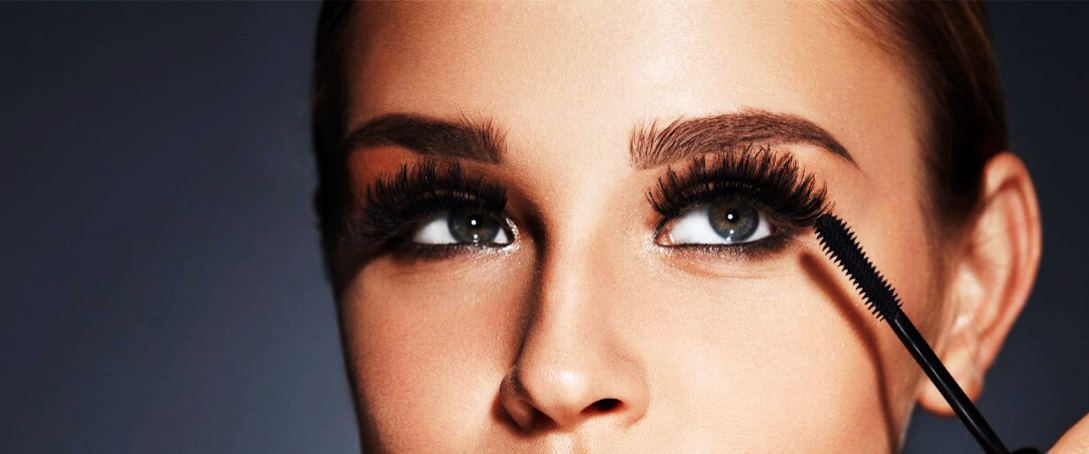The cosmetics industry has long been synonymous with glamour and self-expression, providing consumers various products to enhance their beauty. However, the allure of cosmetics brings with it a responsibility to ensure the safety and well-being of users. This responsibility falls into the hands of regulatory measures, which play a crucial role in safeguarding consumers against potential harm from cosmetic products.
Current Regulatory Landscape
Regulations within the cosmetics industry aim to guarantee the safety and efficacy of products, protecting consumers from harmful ingredients and deceptive marketing practices. In many countries, regulatory bodies set standards and guidelines for formulating, producing, and labeling cosmetic products. These regulations often cover ingredient safety, product testing, labeling accuracy, and manufacturing practices.
In the United States, for instance, the Food and Drug Administration (FDA) oversees the cosmetics industry, enforcing regulations to ensure the safety of products available to consumers. Similarly, the European Union has established the Cosmetic Regulation to standardize safety requirements and labeling for cosmetic products within its member states.

The Role of Government Agencies
Government agencies are pivotal in monitoring and regulating the cosmetics industry to safeguard public health. These agencies are responsible for assessing the safety of cosmetic ingredients, reviewing product formulations, and conducting inspections of manufacturing facilities. They also oversee labeling to prevent false claims and deceptive marketing practices.
The FDA, for example, evaluates cosmetic ingredients for safety and maintains a list of prohibited and restricted substances. In the European Union, the European Chemicals Agency (ECHA) manages the safety assessment of cosmetic ingredients and maintains the Cosmetic Product Notification Portal, ensuring compliance with regulations.
Critique of Existing Regulations
While regulatory measures exist to ensure the safety of cosmetic products, there are criticisms regarding their effectiveness and comprehensiveness. One common concern is the lack of mandatory pre-market approval for cosmetic products in some regions, which allows products to enter the market without thorough scrutiny.

